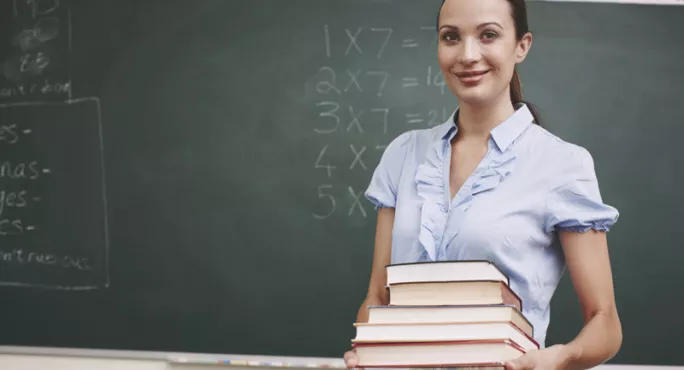As you might expect, teaching assistants (TAs) can be used badly and have little positive impact, or they can be used expertly and prove to be of huge value to our students.
The Education Endowment Foundation (EEF) has recently published an excellent guidance report, Making Best Use of Teaching Assistants, by Jonathan Sharples of the Institute for Effective Education in collaboration with Rob Webster and Professor Peter Blatchford at the UCL Institute of Education. Together, the authors outline practical principles for deploying TAs to achieve a positive impact.
Their advice is clear and we should take heed of it to maximise a precious resource. They show that we should be wary of using TAs as a dumping ground for our high-need students to give the teacher a break.
TAs are not substitute teachers. As the evidence shows, if students are too far removed from the teacher in the classroom, their attainment can suffer. TAs add value when they support a great quality teacher in working with the children most in need, not when there is an attempt to make them take the teacher’s place.
Many schools have cleverly flipped this kind of deployment of TAs with real success, getting them to lead the class or a larger group of students so that the teacher can work intensively with the weakest pupils.
Thanks to tabloid headlines, there is a false notion that TAs do little more than help to hand out the scissors and glue, and that they are an “army of mums” with no training. In reality, in many schools they are being well trained to deliver high-quality, structured interventions.
Successful schools are also seizing upon the unique insights of TAs, who see more of the teaching in their school - good and not-so-good - than anybody else. This helps in the sharing of best practice when it comes to CPD.
Making the role of the TA prominent and important, in the eyes of the students, parents and all teachers, is also essential.
This is an edited version of an article in the 20 November edition of TES. Subscribers can view the full version here
Read the full story in this week’s TES magazine, available in all good newsagents. To download the digital edition, Android users can click here and iOS users can click here




